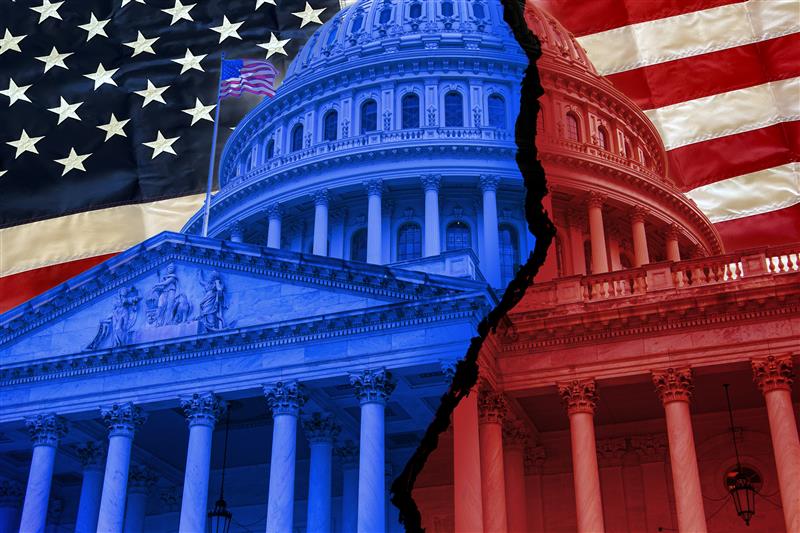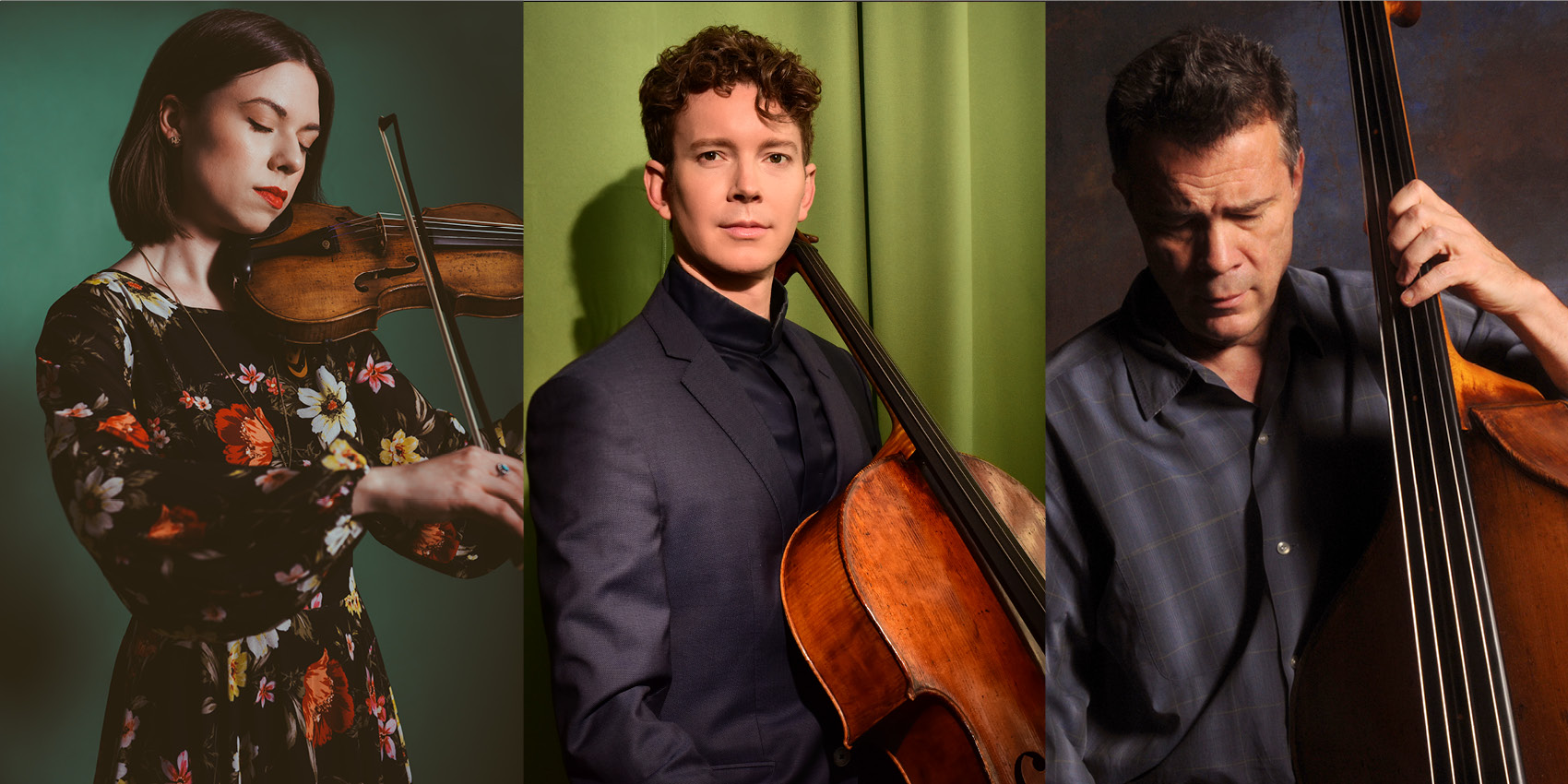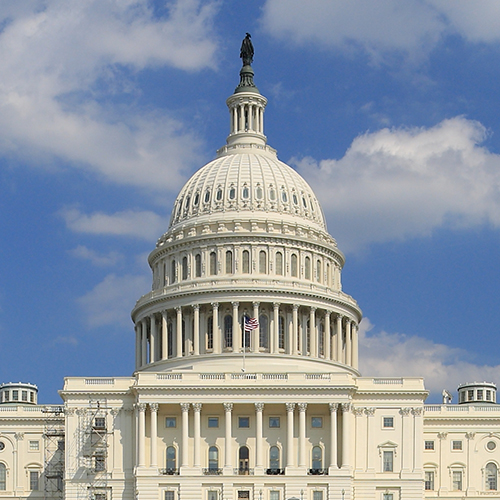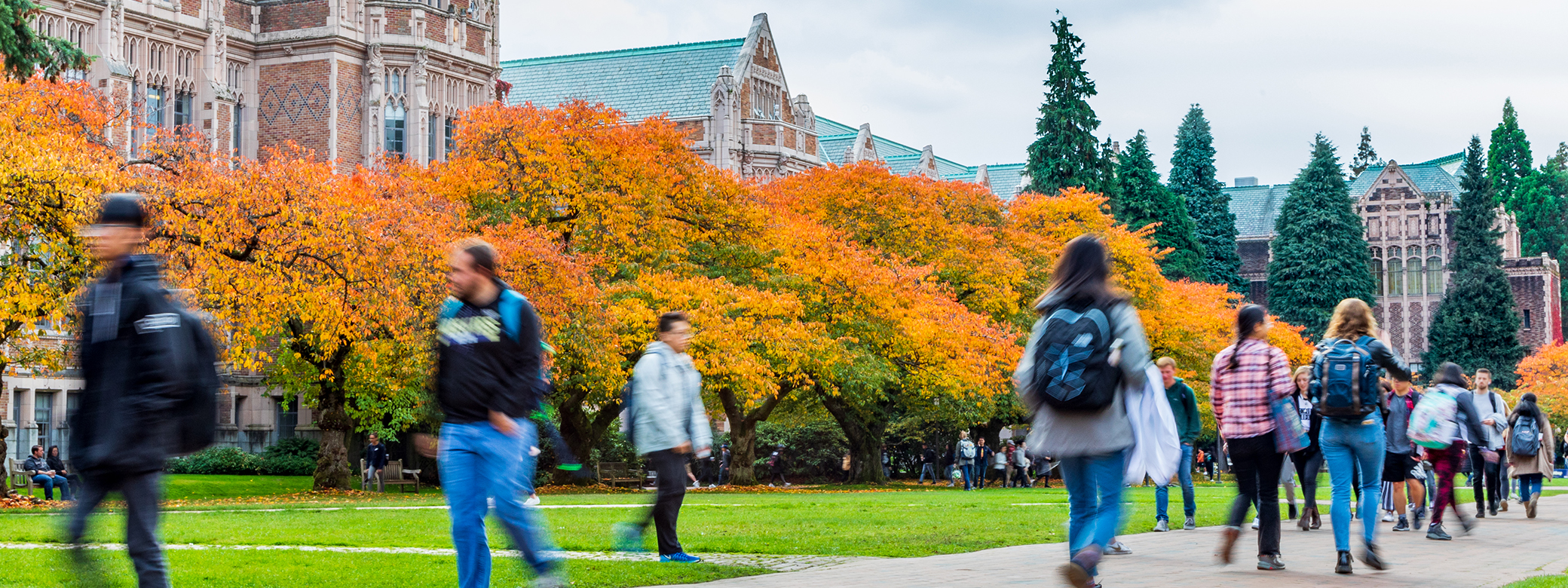-
Fear of flying? Here’s how to make plane rides less scary
Fear of flying affects more than 25 million Americans. If you are among them, these tools and expert tips could help make your next plane ride easier. Jonathan Bricker, affiliate professor of psychology at the UW, is quoted.10/16/2024 | The New York Times -
Christopher Columbus may have been a Spanish Jew, documentary claims
Conventional history states Christopher Columbus was from Genoa, Italy, but he may have been, in fact, a Sephardic Jew from the eastern Iberian Peninsula, according to a new documentary by Spain’s national broadcaster that also rekindles questions of religious persecution and the treatment of Indigenous communities. Devin Naar, associate professor of history and of Jewish studies at the UW, is quoted.10/16/2024 | NPR -

Q&A: New book shows how innovation inequality fuels Americaâs political divide
Victor Menaldo, UW professor of political science, co-authored the forthcoming book, "U.S. Innovation Inequality and Trumpism." The book focuses on how former President Donald Trump â like other populists that came before him â exploits âinnovation inequality," or the divide between areas that are more technologically advanced and those that arenât.10/15/2024 | UW News -
Rubin Observatory telescope team installs its huge mirror
The Vera C. Rubin Observatory’s 8.4-meter Simonyi Survey Telescope in Chile has now been equipped with all three of its mirrors, plus a camera for good measure. James Davenport, research assistant professor of astronomy at the UW, is quoted. The UW's Željko Ivezić and Mario Jurić, both professors of astronomy, are mentioned.10/11/2024 | GeekWire -

ArtSci Roundup: Election Events, Meany Hall Performances, Artist Panel and more
This week, attend the Conversation on Race, Gender, & Democracy lecture at Kane Hall, check out performances at Meany Hall, learn from a panel of artists at Henry Art Gallery, and more. Election & Democracy Events October 14, 6:30 – 8:00 pm | The 2024 Election: A Conversation on Race, Gender, & Democracy featuring Dr. Christina Greer, Kane...10/10/2024 | UW News -
Kitsap County schools enact phone bans, following Gig Harbor's lead
Success in Gig Harbor comes as more schools are looking to reign in cell phones. Four of the five school districts in Kitsap County now have bans, a pair of which are new this fall. Central Kitsap, the lone holdout, plans to have a ban by early next year. Lucía Magis-Weinberg, assistant professor of psychology at the UW, is quoted.10/09/2024 | Kitsap Sun -

Making Sense of This Political Moment
To navigate this momentous election season, Arts & Sciences faculty suggest 10 books about the US political landscape.
October 2024 Perspectives -

How to Steal an Election: New UW course examines democracyâs vulnerability
James Long, University of Washington professor of political science, launched a new course this quarter. "How to Steal an Election" highlights the types of politicians who try to steal elections, and how and what can be done to secure them.10/08/2024 | UW News -
How light pollution influences interest in astronomy
Experts at the UW have focused their lens on a rather unconventional subject of study – the link between the ability to view stars free from light pollution and an interest in astronomy. Rodolfo Cortes Barragan, a research scientist at the UW Institute for Learning & Brain Sciences, and Andrew Meltzoff, professor of psychology and co-director of the UW Institute for Learning and Brain Sciences, are quoted.10/08/2024 | Earth.com -
Moo Deng, Pesto, Nibi: Why we’re so into these viral animals
Moo Deng. Pesto. Nibi. The three are a pygmy hippo, king penguin, and beaver, respectively, and they’re some of the latest celebrities to captivate the internet. David Barash, professor emeritus of psychology at the UW, is quoted.10/08/2024 | Vox
